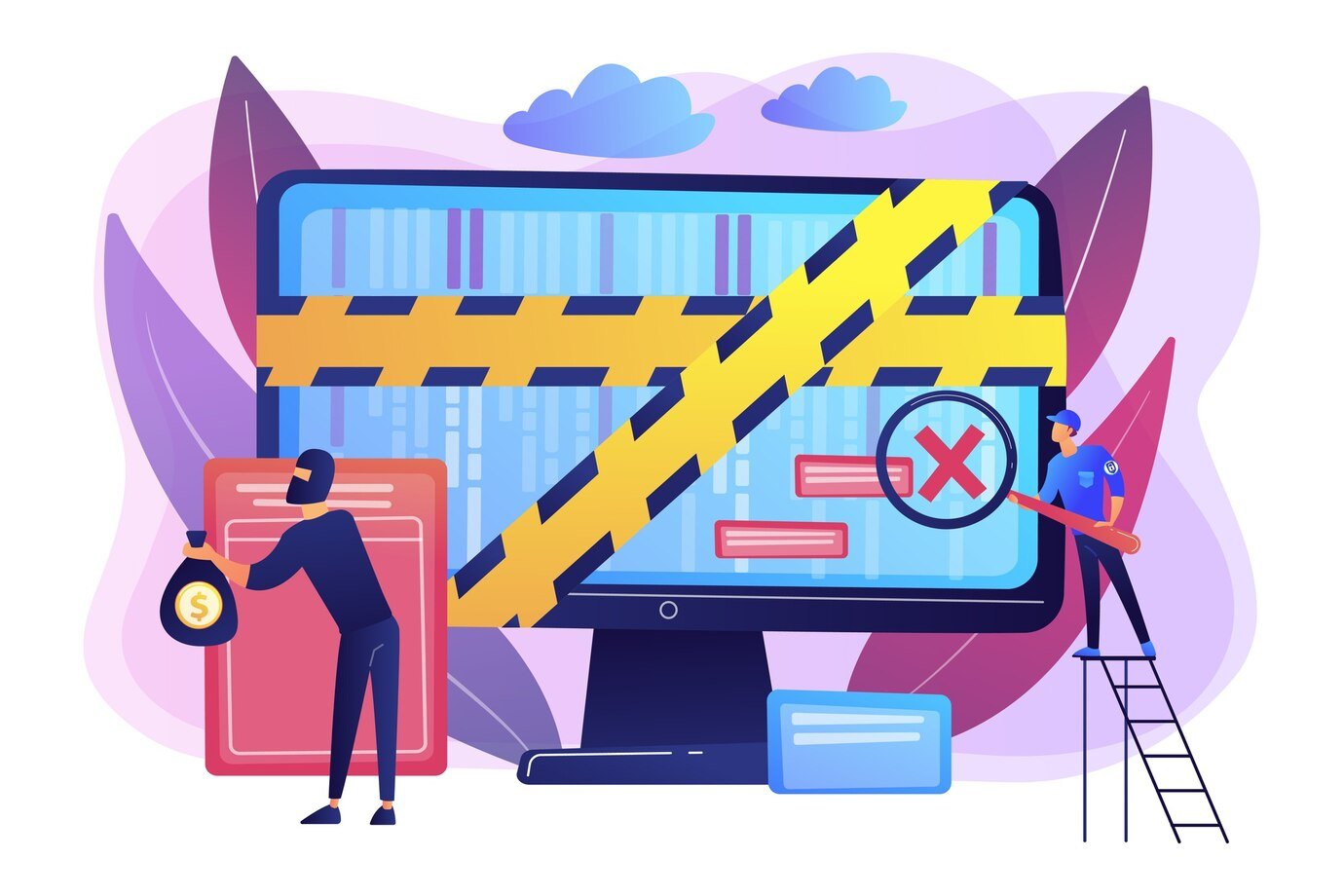Physical Address
304 North Cardinal St.
Dorchester Center, MA 02124
Physical Address
304 North Cardinal St.
Dorchester Center, MA 02124

The allure of the forex market attracts traders from all over the world, but it also gives rise to a less savory aspect: offshore forex brokers. While not all offshore brokers are fraudulent, many are linked to scams and unethical practices. Understanding why these brokers often come under scrutiny can help traders make informed decisions and protect their investments. In this blog, we’ll explore the characteristics of offshore forex brokers, the risks they pose, and how to identify potentially fraudulent operations.
Offshore forex brokers are typically registered and operate outside of the trader’s home country, often in jurisdictions with lax regulatory frameworks. These brokers may choose to set up in offshore locations like the Caribbean, Seychelles, or Cyprus to take advantage of favorable business conditions, including lower taxes, less stringent regulations, and lower operational costs.
One of the primary reasons offshore forex brokers are often associated with fraud is the lack of regulatory oversight. Many offshore jurisdictions do not have robust financial regulations or enforcement mechanisms in place. This absence of oversight allows brokers to operate with little to no accountability, making it easy for them to engage in unethical practices without fear of repercussions.
Red Flag: If a broker is registered in a jurisdiction known for weak regulation, it’s crucial to conduct thorough research before proceeding.
Offshore brokers frequently engage in regulatory arbitrage, which means they exploit differences in regulations across jurisdictions. By registering in a country with lenient laws, they can avoid the stricter requirements imposed by regulatory authorities in more developed markets. This tactic often allows unscrupulous brokers to operate without adhering to industry standards for transparency and client protection.
Red Flag: Brokers that emphasize their “freedom” from strict regulatory environments may be signaling a willingness to operate unethically.
Many traders have reported difficulties withdrawing funds from offshore brokers. These brokers often impose complex withdrawal conditions, hidden fees, or extended processing times that prevent traders from accessing their money. In some cases, they may deny withdrawal requests altogether, claiming that traders did not meet specific trading volume requirements or other arbitrary conditions.
Red Flag: Reviews or testimonials mentioning issues with withdrawals should raise alarms about the broker’s legitimacy.
Offshore brokers often use aggressive and misleading marketing tactics to attract clients. They may promise guaranteed returns, high leverage, and risk-free trading, which can lure inexperienced traders into making deposits. These tactics create an illusion of safety and profitability, masking the inherent risks associated with trading.
Red Flag: If a broker makes unrealistic promises about profits or downplays the risks of trading, it’s a significant warning sign.
Many offshore brokers operate anonymously, making it difficult for traders to verify their legitimacy. These brokers often provide minimal information about their ownership, physical address, or operational history. This lack of transparency can make it nearly impossible for traders to seek recourse in case of fraud or misconduct.
Red Flag: A broker’s website should provide clear and accessible information about its regulatory status, physical address, and contact details.
Offshore brokers frequently face criticism from traders who have experienced scams or fraudulent activities. However, they may also post fake positive reviews to create a false sense of legitimacy. This manipulation can confuse potential clients and lead them to believe the broker is reputable.
Red Flag: Look for consistent patterns in reviews across multiple platforms. If a broker has a mix of glowing reviews and significant complaints, proceed with caution.
Always verify the regulatory status of any broker before depositing funds. Legitimate brokers should be licensed and regulated by recognized authorities, such as the Financial Conduct Authority (FCA) in the UK or the Commodity Futures Trading Commission (CFTC) in the US.
Look for independent reviews and feedback from other traders. Reputable review sites can provide insights into the broker’s practices, withdrawal issues, and overall reliability.
If you’re considering an offshore broker, start with a demo account to test their platform and services without risking real money. Pay attention to how they handle trades and customer service interactions.
While leverage can amplify profits, high leverage is also associated with increased risk. Be cautious of brokers offering excessively high leverage, as this could indicate a desire to exploit traders.
If something feels off about a broker’s practices, marketing tactics, or reviews, trust your instincts. It’s better to err on the side of caution and look for a more reputable option.
While offshore forex brokers can offer certain advantages, they often come with significant risks, including the potential for fraud and unethical practices. Lack of regulatory oversight, misleading marketing tactics, and withdrawal issues are just a few of the challenges traders may face when dealing with these brokers. By conducting thorough research, being aware of red flags, and prioritizing safety, traders can better protect themselves from the dangers associated with offshore brokers. Ultimately, informed decision-making is the key to navigating the forex market securely.
4o mini